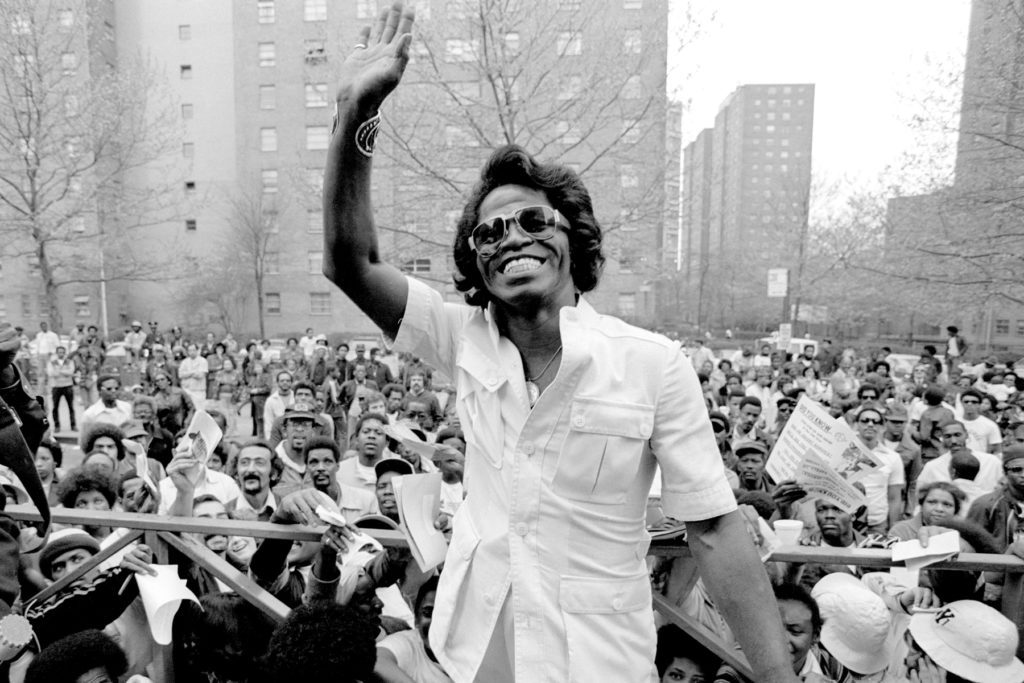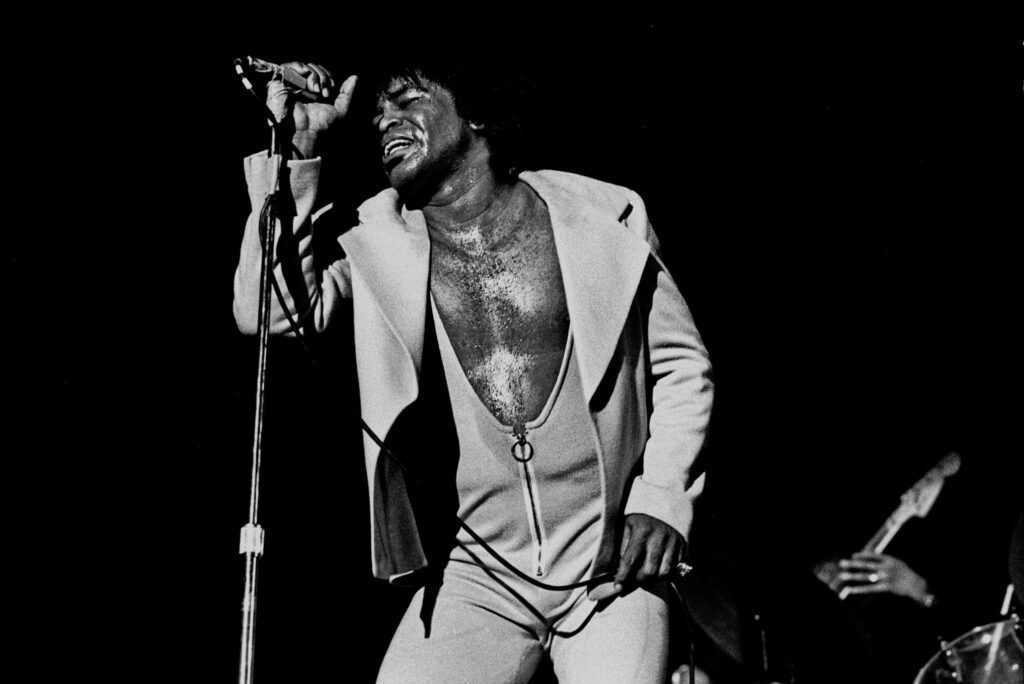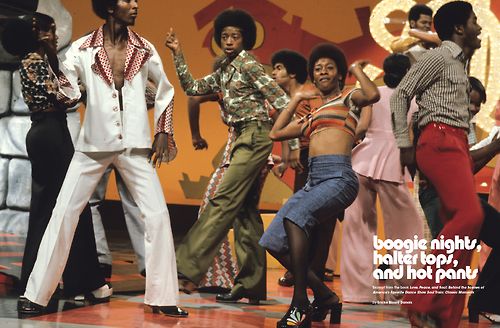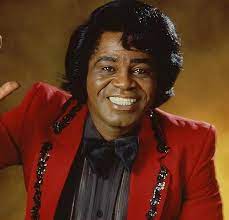The late 1960s and 1970s marked a transformative period in the history of music, particularly for the Black community in the United States. James Brown, often praised for being the “Godfather of Soul,” played a pivotal role in shaping the landscape of funk and disco music during this era.
This article explores James Brown’s influence on the development of funk and disco, highlighting how his innovative musical style and socially conscious lyrics resonated with the black community, contributing to a cultural and political revolution.

James Brown’s contribution to the evolution of funk music is immeasurable. Funk emerged as a genre that blended soul, jazz, and R&B with a strong emphasis on rhythmic grooves and bold instrumentation.
Brown’s 1965 hit “Papa’s Got a Brand New Bag” is often considered a defining moment in the birth of funk, showcasing a revolutionary shift in musical style. The song’s infectious rhythm, syncopated beats, and dynamic horn arrangements laid the groundwork for a new sound that would define the funk era.
Brown’s funk not only brought infectious dance beats but also carried a social and political message. Tracks like “Say It Loud – I’m Black and I’m Proud” (1968) became anthems of the civil rights movement.
By infusing his music with messages of empowerment and pride, Brown connected with the struggles and aspirations of the black community during a time of social upheaval. Funk became a vehicle for expressing the African American experience, fostering a sense of unity and pride.


As the 1970s progressed, the disco movement took center stage, and James Brown seamlessly adapted his style to incorporate disco elements. His 1974 album “The Payback” featured tracks like “Papa Don’t Take No Mess,” where disco beats intertwined with his signature funk sound. Brown’s ability to evolve with the changing musical landscape ensured that his influence extended beyond funk into the disco era.
Disco music, with its infectious beats and dance-oriented rhythms, became a cultural phenomenon. Popularized by Black people, Brown’s music was a mainstay, providing a soundtrack for expression, liberation, and joy. The dancefloor became a space where the black community could freely express themselves, breaking away from societal constraints and celebrating their cultural identity.
Legacy & Continued Influence
James Brown’s profound influence on the funk and disco era has left an enduring imprint on both the music industry and the black community. His groundbreaking contributions to rhythm, instrumentation, and social commentary not only shaped his era but also laid the foundation for subsequent generations of musicians. Iconic figures like Prince, Michael Jackson, and George Clinton found inspiration in Brown’s pioneering work, ensuring the continued legacy of funk and disco well into the 1980s and beyond.
James Brown’s impact extends beyond these genres and has seamlessly integrated into the realm of hip-hop. Many of his timeless tracks have been sampled by revered rap artists, with “Funky Drummer,” released in 1970, standing out as one of the most sampled songs in history. Its distinctive drum beats, in particular, have been woven into the fabric of countless hip-hop classics, from Dr. Dre’s “Let Me Ride” to Nas’s “Get Down” and Public Enemy’s “Fight the Power.” James Brown’s musical legacy transcends time and continues to resonate across diverse genres, leaving an indelible mark on the ever-evolving landscape of popular music.
In conclusion, James Brown’s influence on the funk and disco era transcended the boundaries of music, becoming a cultural and political force within the black community. Through his groundbreaking contributions to funk and his seamless transition into disco, Brown’s music provided a soundtrack for empowerment, pride, and liberation. The echoes of his revolutionary sound continue to resonate, underscoring the enduring impact of the “Godfather of Soul” on the musical and cultural landscape.


